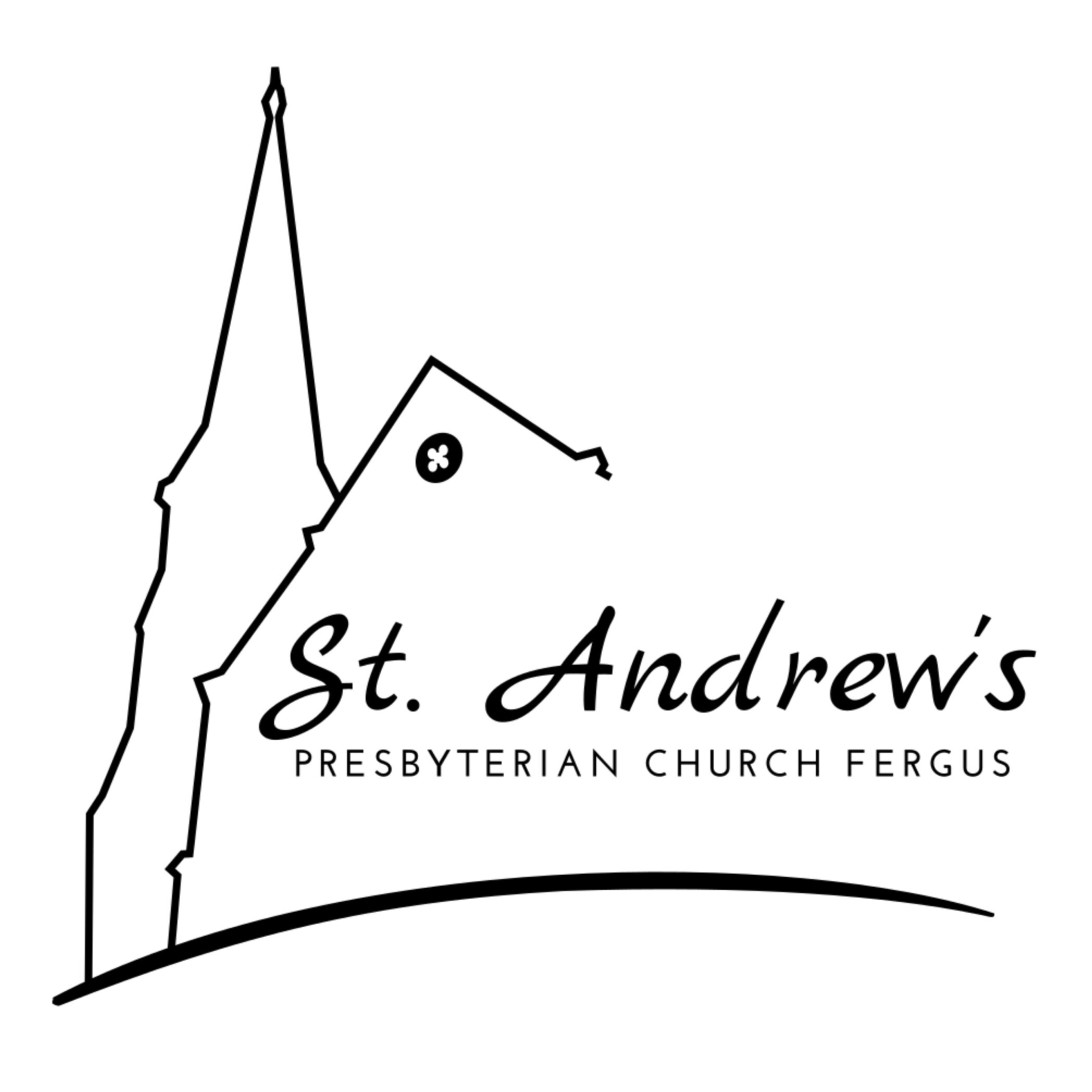Settling disputes in the kingdom of God
Matthew 18:15-20
15 ‘If another member of the church[d] sins against you,[e] go and point out the fault when the two of you are alone. If the member listens to you, you have regained that one.[f] 16 But if you are not listened to, take one or two others along with you, so that every word may be confirmed by the evidence of two or three witnesses. 17 If the member refuses to listen to them, tell it to the church; and if the offender refuses to listen even to the church, let such a one be to you as a Gentile and a tax-collector. 18 Truly I tell you, whatever you bind on earth will be bound in heaven, and whatever you loose on earth will be loosed in heaven. 19 Again, truly I tell you, if two of you agree on earth about anything you ask, it will be done for you by my Father in heaven. 20 For where two or three are gathered in my name, I am there among them.’
So far, my contention that in thinking about these texts children should be part of our reflection has worked without being strained too far. The next three days will take a bit more creativity.
This text works through how people in the church should settle disputes. If I have something against someone, I do not gossip about the problem, I do not over coffee complain about them. The first step is to go directly to them and talk about the matter one-on-one. To hopefully settle the matter.
If that does not work, I should have a couple of trusted people come with me. We go and have another talk. The one or two others are not on my side against the offender. No, they are to act as intermediaries and witnesses regarding the conversation and finding a way forward.
If that does not bring a resolution, it becomes public knowledge and the community of the church becomes involved. And if that does not work to change the behaviour, then the offender is to be removed from the community of the church. Such removal is a prohibition against participating in communion. But notice how the expelled member is to be treated, like a tax collector. How did Jesus treat tax collectors? With respect and care.
This is very close to the conflict resolution practices playground monitors are taught. Encourage the kids to work it out. If they can’t work it out, have someone they trust (usually another kid) get involved as eyes and ears. And only then turn to the wider authority. If adults did this in their lives in working out their conflicts, then maybe young people would have role models to follow in their lives.
Jesus is thinking about the church community at this point. If the members of a church community can learn how to work through disputes, and develop ways to hold one another accountable, then our life as a community will be one that young people will find to be caring and honest.
PRAYER:
O Lord, we confess at times we are in conflict with one another. But too often we don’t follow the pattern of dealing with conflict provided by Jesus. Shape us to live the Jesus way, that we might be examples to others about how to respond to the conflicts in our lives. In Jesus’ name. Amen.
